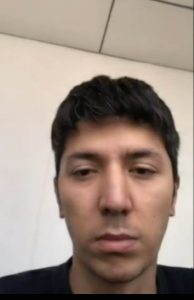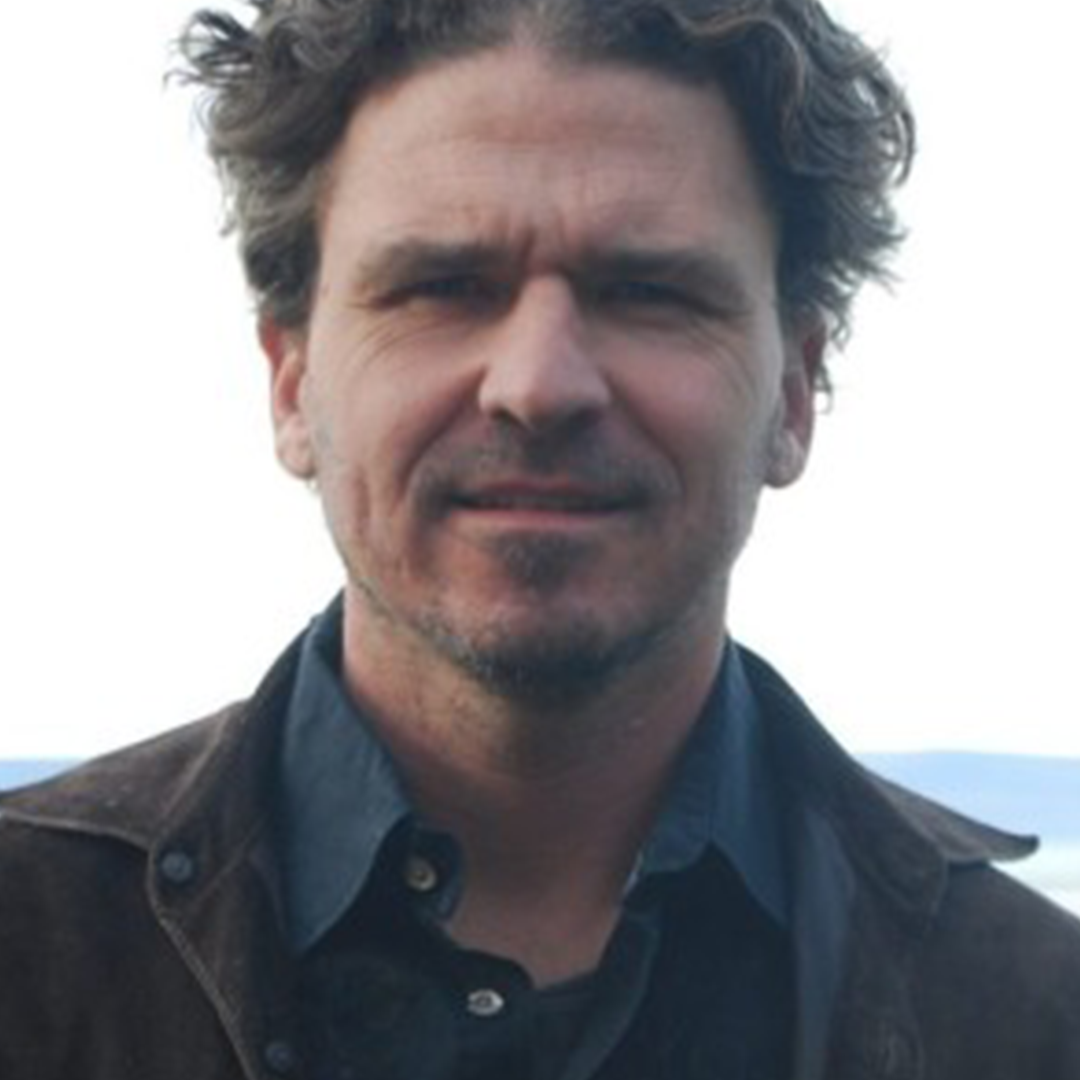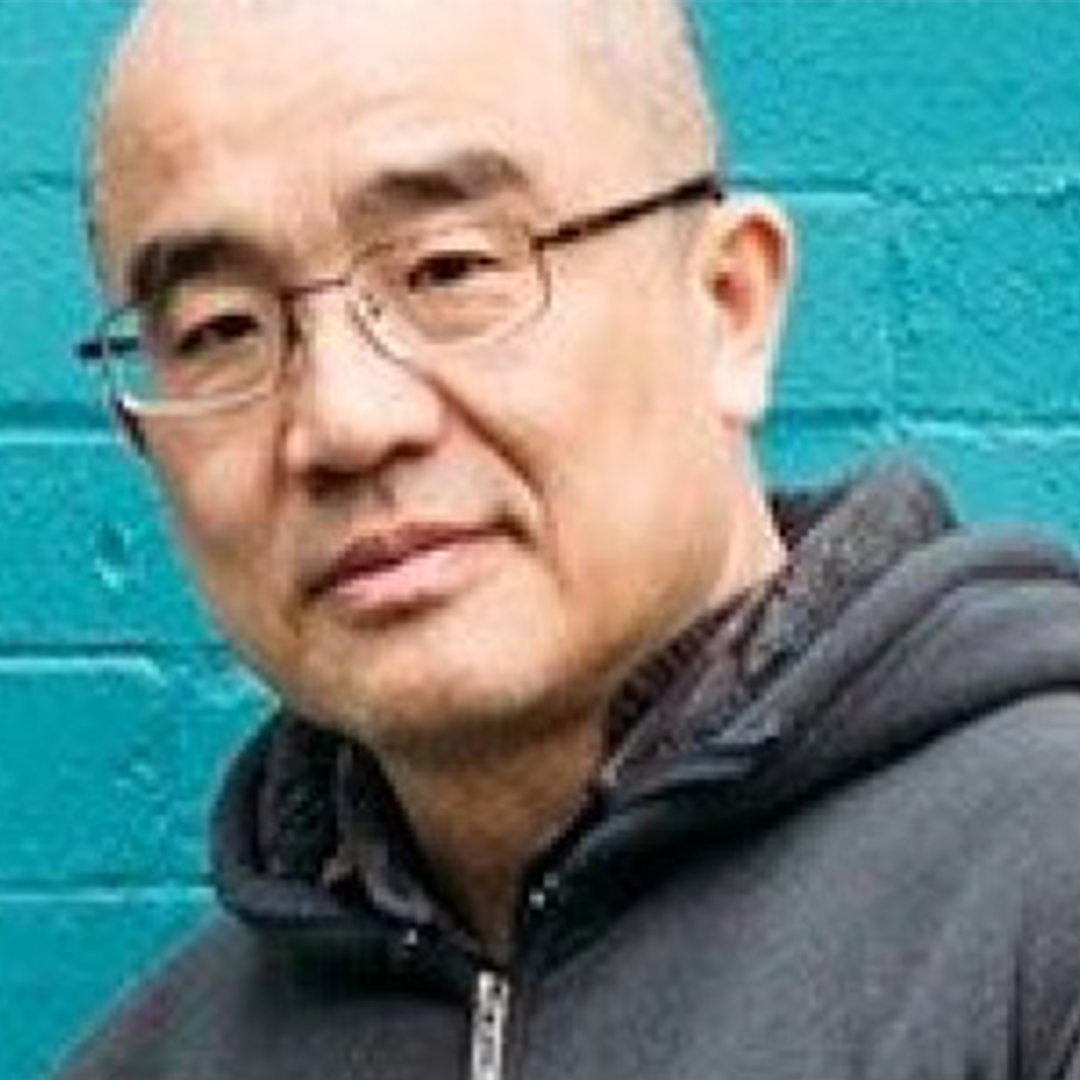10 Sep 2020 | News and features
[vc_row][vc_column][vc_single_image image=”114740″ img_size=”full” add_caption=”yes”][vc_column_text]“Someone has to say enough is enough,” said Shabana Mahmood, a member of parliament (MP) from the UK in a speech she delivered last night in the British parliament about the genocide of the Uighur people from the Chinese province of Xinjiang.
“The Chinese government continue unhindered with a campaign of what can only accurately be described as genocide, but where we should expect leadership and action, there is only a yawning void.”
Mahmood said the testimonies from Uighurs are “ever more disturbing”, citing a recent ITV news item in which a doctor spoke of forced sterilisation and abortion (in one instance a baby was still moving when it was discarded into the rubbish) and a man spoke of torture so extreme that he passed out. These are not isolated examples. It is estimated that at least one million people are incarcerated in camps across the region, while the millions of others who are not in a camp are subject to constant harassment and are living under extreme surveillance and control, right down to the language they speak.
“The charge sheet is long and horrific,” said Mahmood.
Mahmood mentioned new Disney movie Mulan, which was filmed in the province, as “one of the most striking examples of choosing to look away” and said there was a savage irony given the story of Mulan is one of family and emancipation.
“We should all be alarmed and appalled by what we are seeing, but we should all also resolve to forge a path forward for Uighur freedom,” argued Mahmood, who said this path involves various approaches, such as corporate and government accountability. We “cannot allow the fruits of forced labour to end up on our shores and in our homes”, she said, adding: “The Chinese Communist Party has busily been buying up influence and the silence of other countries.”
She also spoke of legal avenues, including those that have been used in recent years to help the Rohingya from Myanmar.
“History will judge us for the unforgivable lack of action thus far,” said Mahmood.
Many of these moves Mahmood called for were at a governmental level. What can we as individuals do?
1) Shout about it
Yes, a Tweet and a Facebook post are easy, but they are still better than nothing. We must use our words, especially when those in Xinjiang are being so woefully deprived of theirs. This is not to say that if we remain silent we are complicit. As the philosopher Julian Baggini wrote for the magazine earlier this year: “There are innumerable injustices around the world. Save for a handful of full-time activists and professionals in organisations such as Index, the finite supply of time ensures that most of us are silent about the vast majority of them.” Baggini specifically mentioned the Uighurs. But he also spoke about the concept of a “speech act”. “The key idea is very simple: words do not only convey information, they can actually do things. When a boss says ‘You’re fired’, a person loses their job. When a male manager says something misogynistic, he diminishes the status of female colleagues and makes their opinions count for less.” We can, through our words, foster an environment in which these actions are not condoned, in which Chinese officials find it increasingly difficult to go on live television and claim the atrocities are not happening, and in which world leaders struggle to continue their inaction.
2) Be wise to where our products come from
We at Index do not advocate outright banning – it goes against what we stand for. But nor do we promote companies and organisations involved in exploitation and human rights abuses. In an interview earlier this year about companies working with China, Yaqiu Wang, a senior researcher at Human Rights Watch, said: “By caving into the Chinese demands you are putting your values [aside] – social responsibility, freedom. It is really corrosive. You are affecting global freedom of speech.” As a consumer it’s difficult to know where everything comes from. That said, with each passing day evidence emerges linking major global brands to slave labour in Xinjiang. As consumers we can speak through our wallets. We can buy from the brands that we know aren’t complicit in the genocide; we can watch movies that aren’t filmed in the province. And we can support organisations like End Uyghur Forced Labour who are working hard to expose these links. We have choices here.
3) Protest on the streets
Live in London? The Chinese Embassy is located at 31 Portland Place, W1B 1QD. That’s a great place to start. Index have documented over the years countless examples of protest working, whether it’s a single person campaigning from their home or millions coming together. There’s a reason governments are so keen to control and clamp down on protest; it works.
4) Don’t normalise technology that is used against Uighurs
Genocides don’t happen overnight. The foundations for genocides are laid years, even decades, in advance. And while it’s difficult to pinpoint when the start date is, there are certain key moments. In the case of the Uighurs, one of these was the spread of mass surveillance. We need to fight against this, not just because video cameras sprouting up like mushrooms in our streets are bad for our own privacy. Also because if we are OK with it being used here we lose some of our moral high ground for arguing against it being used there.
5) Campaign for media freedom
There has been some phenomenal reporting on Xinjiang. Thanks to drone footage of camps by Buzzfeed and videos taken from inside a prison on the BBC, we are now gaining a far greater picture of what is happening in Xinjiang. Journalists are at the forefront of exposing the genocide. At the same time getting information out of Xinjiang is incredibly hard – the Chinese government tightly controls access to the province and some journalists have found their visas revoked as a result of their coverage. When we speak up for Uighurs, we must also speak up for the journalists who are putting their lives and careers on the line to bring us information. If you do hear of any media violations, whether related to Xinjiang or elsewhere, please report them to us or to our media map.
6) Give platforms to those in the Uighur community
Whether you are an events host, a media outlet or simply have your own blog, offer space for those from the Uighur community to talk. Uighurs have a rich and wonderful history of poetry and the spoken word. Why not publish some? That is what we are hoping to do in our winter issue. And in our forthcoming Autumn issue of the magazine, US-based Uighur activist Rushan Abbas, whose sister is in a concentration camp in Xinjiang, writes about her own experience and outrage. Please do subscribe to read this important article.
7) Finally, support organisations that are supporting Uighurs
There are now some excellent organisations to engage with. Here are a few of them: Campaign for Uyghurs, World Uyghur Congress and Uyghur Human Rights Project. You can donate to them and can sign petitions organised by them. Plus write to your local MP so that they can join people like Mahmood in putting pressure on the UK government to act.
Watch Mahmood’s speech in full here.[/vc_column_text][/vc_column][/vc_row][vc_row][vc_column][three_column_post title=”Read more on China” category_id=”85″][/vc_column][/vc_row][vc_row][vc_column][/vc_column][/vc_row]
6 Aug 2020 | News and features
[vc_row][vc_column][vc_column_text]

A screenshot of Merdan Ghappar from the video he filmed on his phone from a Chinese prison
In a video clip that went viral yesterday, Uighur model Merdan Ghappar doesn’t speak. But he doesn’t need to – the footage says enough. Shot by Ghappar himself from inside a prison cell, he moves the camera with one hand and reveals his other to be handcuffed to a bed. Ghappar is confined to a tiny room with mesh and bars on a window. His clothes are dirty as are the walls, and his face carries an expression of anguish and exhaustion.
Ghappar is incarcerated in one of China’s notorious prisons for Uighurs, the Muslim population who live in the far western province of Xinjiang. The Uighurs, with their Islamic faith, Turkic language and ties to the cultures of central Asia, have long been viewed by the Chinese state with suspicion and have faced discrimination. Following two brutal attacks against pedestrians and commuters in Beijing in 2013 and in Kunming in 2014, which were blamed on Uighur separatists, this suspicion has morphed into systematic oppression.
Estimates suggest more than one million Uighurs are now incarcerated in a network of prisons across the region. China initially denied the existence of the prisons, then acknowledged them but said they were re-education camps established to counter extremism in the province. The state denies Uighurs are being used as forced labour and denies rumours of torture and other abuses. The camps are also winding down, the state has recently said.
It can be hard to probe the official Chinese party line: foreign media is pretty much banned from Xinjiang. Reporters who have been there have found their visas revoked, such as Buzzfeed’s China bureau chief Megha Rajagopalan, who was forced to leave China in 2018. Rajagopalan had reported extensively on the crackdown in Xinjiang. When media is allowed in, as the BBC has been, the visits are highly controlled and staged.
But with each passing week and month evidence that directly contradicts the party line finds its way into the outside world; shipments of human hair products from Xinjiang reach New York; drone footage of rows of people queuing, shackled and blindfolded, for trains appears; testimonies of sterilisation of Uighur women emerge. And now Merdan Ghappar’s video. It might be the most significant piece of evidence yet.
Sure it does not come close to showing the real horror of the camps, but it does something else. It personalises the Uighurs’ plight. We see his face; we look into his eyes. And through his video and the reports that have emerged around it we learn his own, unique story.
We know that Ghappar studied dance at Xinjiang Arts University and worked as a dancer before he became a successful model. We know that in 2009, he moved away from Xinjiang in search of other opportunities in China’s wealthier eastern cities. We know, from his relatives, that he was told to downplay his Uighur identity and refer to his facial features as “half-European” if he wanted to get ahead in his career. And we know that he was also apparently unable to register the apartment he bought with his own money in his own name, instead having to use the name of a Han Chinese friend. We know that throughout this period Ghappar was in regular touch with his uncle, Abdulhakim Ghappar, who fled China after his activism in Xinjiang made him a target (in 2009, for example, he handed out flyers ahead of a large-scale protest in the city of Urumqi), and that while his uncle says Ghappar is not political, his ties to his uncle might explain why he became a target.
We know that in August 2018 he was arrested and sentenced to 16 months in prison for selling cannabis, a charge many believe is false. We know he was released in November 2019, but that soon after police told him he needed to return to Xinjiang to complete a routine registration procedure and that there “he may need to do a few days of education at his local community”.
We know that on 15 January, his friends and family brought clothes and his phone to the airport where he boarded a flight and was escorted by two officers back to his home city of Kucha. And most significantly, we know that he somehow managed to not only keep, but use his phone and from this reveal some details of his own incarceration (initially in a squalid, unsanitary prison jail where he was surrounded by the sounds of other inmates screaming; later in the facility shown in the new video he says his “whole body is covered in lice”).
But we don’t know where he is today. Ghappar’s messages have stopped. No one has heard from him and authorities have not provided notification of his whereabouts.
There is an increasingly loud chorus of calls for what is happening in Xinjiang to be labelled a genocide – and this could definitely change how the international community responds to the situation. But as history has proved even if it is officially termed a genocide will it force us, on an individual level at least, to act differently?
Comparisons to the Holocaust come easily and one line of defence there, which has come up again and again, is that people didn’t act because people “didn’t know”. But that’s historically contested given how ubiquitous the camps were. There was a reason people on arrival at Auschwitz tried to rouge their cheeks to appear healthy – they knew.
What some historians have argued, though, which could partly explain the inaction of many, is that while people might have known, they didn’t understand. The truth was simply too abhorrent to fathom. And without understanding they didn’t truly know.
And that’s why Ghappar’s video and story is so important. As was the case with Anne Frank, and indeed recently with George Floyd, sometimes you need a face, a singular experience, to relate to the suffering of the whole. Stories that are granular touch people in ways that the bigger picture cannot always. News of the ill treatment of Uighurs is not new and yet within hours of Ghappar’s video circulating, crowds began protesting outside the Chinese Embassy in London.
Ghappar has made the Uighur suffering feel much more real and more personal. He could be our brother, our son, our neighbour, our friend. He’s not just a number or a news headline; he’s a face and a name. Let’s learn that name and tell his story. [/vc_column_text][/vc_column][/vc_row][vc_row][vc_column][/vc_column][/vc_row]
17 Jul 2020 | News and features
[vc_row][vc_column][vc_single_image image=”114308″ img_size=”full” add_caption=”yes”][/vc_column][/vc_row][vc_row][vc_column][vc_column_text]I think it’s fair to say that issues associated with free speech have been a recurring feature of our news in the last month, from the removal of Colston’s statue in Bristol, to the Hong Kong National Security law, to the very public debate on “cancel culture”. It seems a day doesn’t go by without a reference to free speech or someone pontificating on where the limits should be.
There are lots of things missing in the current conversation about free speech though – at least for me. The most crucial of which is why free speech is a core human right. Why does it matter if our voices are limited? If we can’t write or create art who does that hurt? If we don’t know what’s going on around the world – does it make a difference to our families?
I’m hoping that if you’re reading this then you share my view that being able to use our voices and to listen to each other gives us our humanity.
As a core tenet, our right to free speech has built the society that we live in – at least here in the UK. It has given us the literature which changes our perceptions of the world. Art that provokes emotion, academia which challenges the world as we know it and ensures that our society continues to develop and thrive. And of course, journalism which, on a daily basis, exposes the powerful and seeks to provide the ultimate scrutiny.
July 2020 has been an awful month to be a journalist in Britain. The BBC, The Guardian and Reach (the owner of the Daily Mirror and the Daily Express as well as numerous local and regional papers) have all announced redundancies. Meanwhile, the Archant group (which also own dozens of local papers) is desperately seeking a new buyer. Covid-19 is having a devastating effect on the media on which we rely to make sure that corruption is reported, that repressive regimes are exposed and that provides a platform to speak truth to power. So, if you don’t already, it’s time to subscribe to a newspaper to make sure that journalism as a profession survives the 2020s.
Freedom of journalistic expression is vital for our society and in an era of disinformation and counter-propaganda, reliable and constant sources of information have never been more important. If it wasn’t for investigative journalists then we would not know of the horrendous plight of the Uighurs who, as I write, are are being transported to concentration camps in the Xinjiang province. We wouldn’t know of the women who are being sterilised by order of the state and of the children who are being re-educated.
Journalists at their best shine a light in the darkness and their bravery and determination makes the world listen and forces governments to act. I pray that, even in the middle of this awful pandemic, we listen to those brave voices reported in our daily newspapers and stand with the Uighurs against what can only be described as acts of genocide.[/vc_column_text][/vc_column][/vc_row][vc_row][vc_column][three_column_post title=”YOU MIGHT LIKE TO READ” category_id=”581″][/vc_column][/vc_row]




